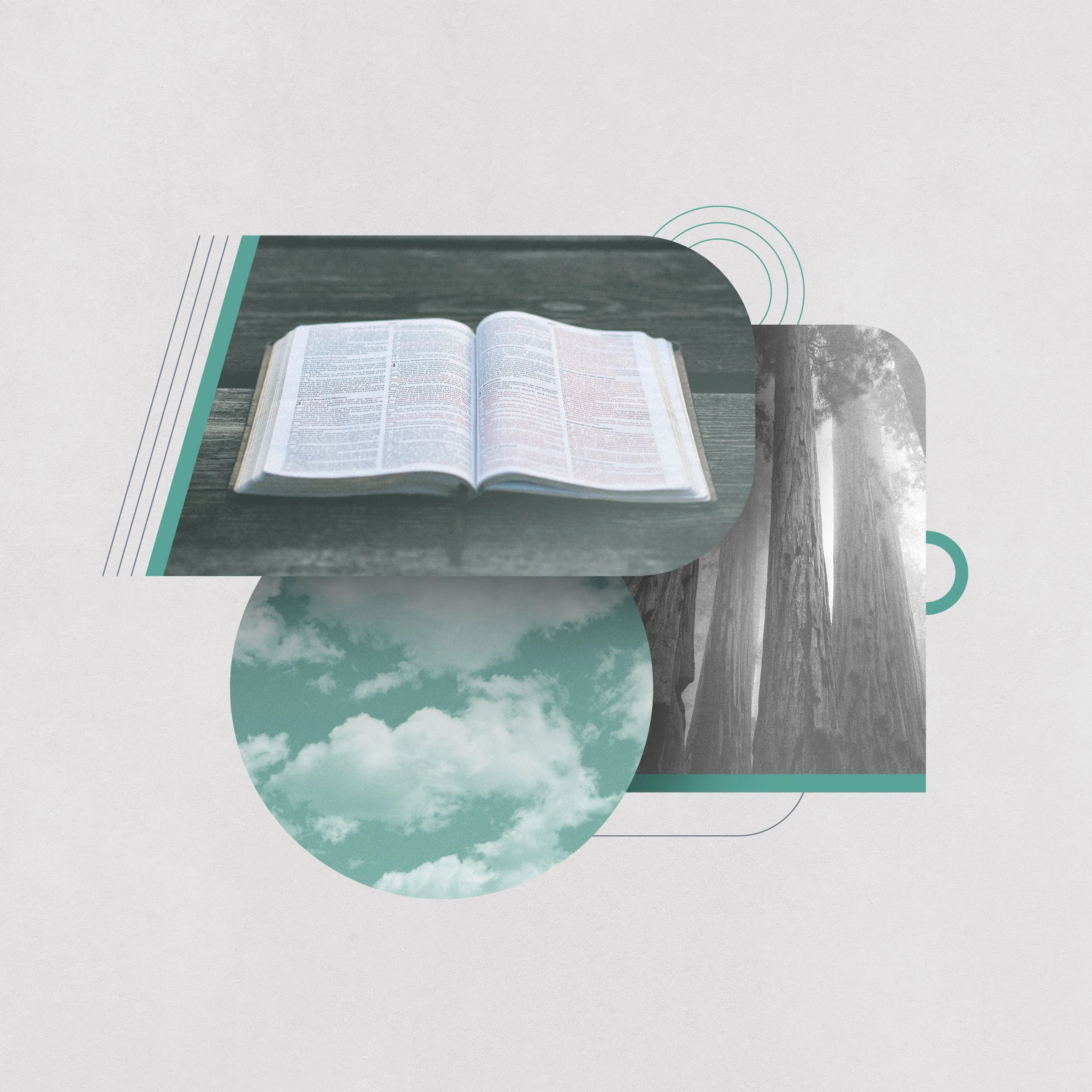3 Things You Should Know About Amos

We know very little about some of the prophets, but the book of Amos, like his contemporary, Isaiah, is different. Amos tells us at the very beginning of his book that he was from Tekoa, and that his ministry was directed to the Northern Kingdom of Israel. He dates it as being delivered two years before the earthquake, when Uzziah was king in Judah, and Jeroboam was king in Israel (Amos 1:1). This means his book is to be dated around 760 BC, though we have no way of determining the date of the earthquake with precision. There are three special things that we should learn from this book.
1. A prophet had to be called of God.
Amos did not come from Israel, but from the southern nation of Judah. “Go home to your own country,” was the message of Amaziah, the priest at Bethel, “earn your food there, and work as a prophet” (Amos 7:10–13). Amos had been a farmer until God directed him to go to the Northern Kingdom of Israel with his message.
Being a prophet did not depend on the family one came from or belonging to any guild of professional religious people. Rather, it depended on God’s sovereign call to serve as His spokesman. Prophets were raised up by God as the times required, and words were given them to speak to their audiences. Before God acted, divinely chosen messengers were entrusted with His word. The secret counsel of the Lord was communicated through His servants, the prophets.
2. The role of the prophets was connected with the covenant that God made with Israel.
The role of the prophet was to mediate between God and His covenant people by declaring God’s word and encouraging obedience to His requirements. They were guardians of the kingdom, seeking to hold kings and other leaders accountable to God for their actions. They can be regarded as enforcement mediators of the covenant, dedicated to maintaining the special bond that God had established with His people.
The covenant had placed the children of Israel in a uniquely privileged relationship. The early messages in the book of Amos are directed to the various nations surrounding Israel (Syria, Gaza, Tyre, Edom, Ammon, Moab, and Judah, see Amos 1:1–2:16). Then, when the prophet finally addresses Israel, he transmits the Lord’s message to the sinful nation: “You only have I known, of all the families of the earth” (Amos 3:2). The Hebrew text makes this an emphatic statement of the exclusive relationship between God and His people: “Only you . . . ” Israel was chosen, not because of superior size or abilities, but simply because God loved her (Deut. 7:7).
But a unique relationship brought with it unique responsibilities. They had to realize that election to a privileged status brought with it election to responsibility. There would never be automatic blessing for Israel. Rather, the people stood in danger of divine judgment, unable to avoid the punishment for their iniquities (Amos 3:2). The biblical principle is that judgment begins at the family of God (1 Peter 4:17). Amos teaches us that covenantal privilege cannot be separated from the demands of obedience to God’s commands.
3. The eschatological perspective of Amos has several facets.
Almost invariably the prophets had a message that had implications for the future. The people pictured the coming day of the Lord as one of brightness and light, not realizing that it would be “darkness, and not light, and gloom with no brightness in it” (Amos 5:20). They had to learn that joyful feasts and presentation of offerings were not going to appease an offended God. Their sins, including that of idolatry, would ultimately lead to their exile beyond Damascus (Amos 5:26–27). The departure of Israel from promised territory was going to be another sovereign act of God (“and I will send you . . . ”).
But there were two other facets of eschatology that present a much more positive picture. The first of these concerns the passage dealing with the fallen tent of David (Amos 9:11–12). The Davidic family occupied an important place in the history of Israel and Judah. It is depicted as being in a decrepit state that will ultimately be changed by restoration and result in the incorporation of gentiles. The way that James used this passage at the council in Jerusalem supports this interpretation (Acts 15:16–17). The inclusion of gentiles in the New Testament church was a fulfilment of God’s purpose set out through Amos’ ministry.
The final element of hope is that God will plant His people in a new Eden. It is significant that despite the sin of Israel, God had not cast them off. He will restore the fortunes of His people, which is most probably an eschatological event when the scattered people of God will be gathered into His eternal kingdom. The final words in the prophecy are virtually a re-affirmation of the covenant relationship, for the covenant Lord (note the use of the covenant name for God here, yhwh) remains their God, and He will fulfil His will for them (Amos 9:11–15).
This article is part of the Every Book of the Bible: 3 Things to Know collection.


